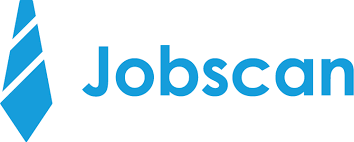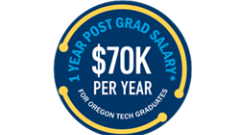Resumes
Resumes are crucial because they serve as your personal marketing tool, summarizing your professional journey and qualifications in a concise, easy-to-read format. A well-crafted resume tells your story by highlighting your skills, experiences, and accomplishments that align with the job you’re seeking. It provides potential employers with a snapshot of who you are, what you’ve done, and how you can contribute to their organization.
By effectively showcasing your career progression, strengths, and unique value, your resume not only demonstrates your qualifications but also communicates your professional identity and career aspirations.
Compare your resume to a specific job:

Jobscan has loads of solid resume and LinkedIn content on their site. They also offer an online tool that compares your resume content to a job description. This can help you increase your interview chances! If you scroll to the bottom of the homepage of PortlandTech.org, you can use the Jobscan online tool for free, courtesy of WorkSource Oregon.
Cover Letters
Why are cover letters important?
A cover letter is your chance to go beyond the resume and show why you’re the perfect fit for a specific job. By customizing your letter with keywords from the job posting, you demonstrate your enthusiasm, highlight relevant skills, and show that you’ve done your homework on the organization. It’s your opportunity to stand out from other candidates with similar qualifications.
Do recruiters even read cover letters?
Only if they’re compelling. A boilerplate cover letter won’t make an impact, but a thoughtful, enthusiastic letter can be the deciding factor in getting you an interview, especially when candidates are equally qualified.
What is the purpose of a cover letter?
A cover letter introduces you to the employer, clarifies the position you’re applying for, and explains why you’re interested. It highlights your strengths and qualifications relevant to the job, and encourages the next step in the process, like an interview or further discussion.
|
Curriculum Vitae
A curriculum vitae (CV) is a detailed document that outlines your academic and professional achievements, including education, research, publications, and work experience. It’s often required when applying for academic, research, or specialized positions, especially in higher education or science fields and for applying to graduate school.
Student/Alumni Resources
Helpful Resume Documents
Helpful Cover Letter Documents
Additional Assistance
Use our Helpful Documents on the right as you create your resume and cover letters. We are also here to help, make an appointment with a career advisor on Handshake.






